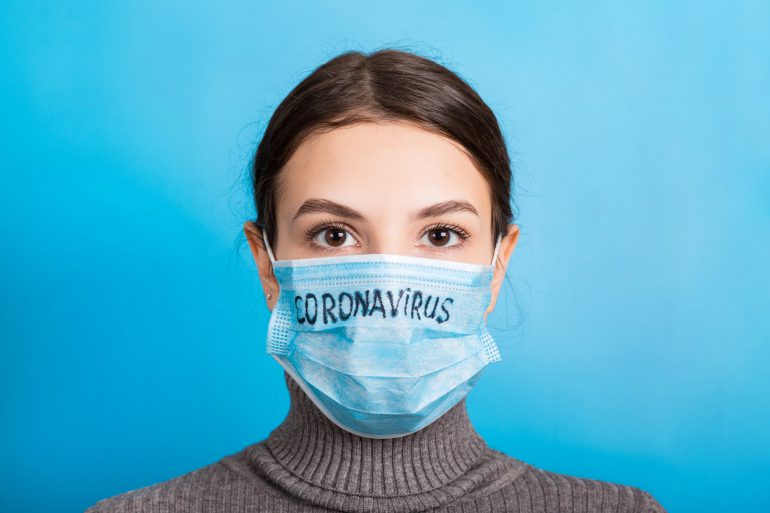The number of positive Covid cases in the Netherlands hit a three-month high last week, following a hike in positive cases reported (+29%) and spikes in hospital and ICU admissions (+7 and 10% respectively), raising concerns of another wave just when the country is returning to some level of normalcy. The municipal health services (GGDs) continue to test people to monitor the coronavirus. To supplement the effort, sewage research is also one of the endeavors undertaken by the government.
Sewage water surveillance
One of the effective ways to monitor coronavirus spread is to measure the number of virus particles in the sewage. . The possibility of sewage surveillance turned into reality by a partnership between RIVM and the 21 regional water boards, as mandated by the Ministry of Health, Welfare and Sport. These types of surveillance can procure information at the local, regional and national levels about various ailments and dangerous substances present. Although this initiative started on a small scale during the first outbreak, now samples are being collected and studied at more than 300 sewage treatment plants throughout the country. The surveillance aims to enable early detection in case of a localized outbreak. This would not only aid in managing the outbreak, but also make it possible to detect and recognize new variants. An increase has been discovered in the sewage water surveillance in recent weeks.
An overview of the situation
The spread of the virus can also be traced by the number of positive cases detected in tests carried out by the GGDs. Since 11 April, GGD tests are recommended only for vulnerable groups and elderly people, meaning that most infected people no longer appear in the RIVM charts. This makes it difficult to keep a real count of infected people.
However, even in the small number of official tests still carried out, it has been noticed that the cases are surely on the rise. It is not a local outbreak either: the increase can be seen throughout the country and all age groups. In the past week, over 30,000 cases were reported, compared to the previous week’s 26,462 cases. All these numbers are certainly showing that the virus continues its presence in the Netherlands.
No reason to panic
As per health experts, the rising number of Covid cases should not be a cause for panic, as no new, serious variant has been found – although there is a new subvariant of Omikron, but it does not make people more ill than the previous variant. Moreover, the rise so far is limited to a few municipalities. Health Minister Ernst Kuipers highlighted that there is still a real risk of millions of people becoming infected during autumn, but the government is considering measures to limit this risk.
The Minister also added that sectors like education, retail and the travel industry should be proactive in introducing measures such as one-way systems, social distancing and screens to reduce infection. Many large companies have come forward and made a public appeal to start following the basic Covid rules again, fearing that a new wave is imminent. These measures include:
- Avoid crowded places
- Avoid touching your face and other surfaces
- Cough and sneeze into your elbow
- Wash your hands often
- Work from home if you have symptoms
- Avoid handshakes
- Keep a safe distance from other people
- Wear a face mask while travelling on public transport
Complete vaccination including booster shots is necessary
Prominent studies advocate that the antibody level wanes after six months of the primary vaccination with both doses, and that taking booster shots increases immunity. We must remember that Covid is not over yet and that complete vaccination is the best protection. The government is considering a new round of booster shots for vulnerable groups in the autumn.
Yet, we should not rely on the government for everything; we all owe a responsibility to slow the spread of Covid in the Netherlands. After all, “little things make a big difference.” We should come together and follow the basis rules to reduce the spread of the virus.
Written by Parul Sachdeva
